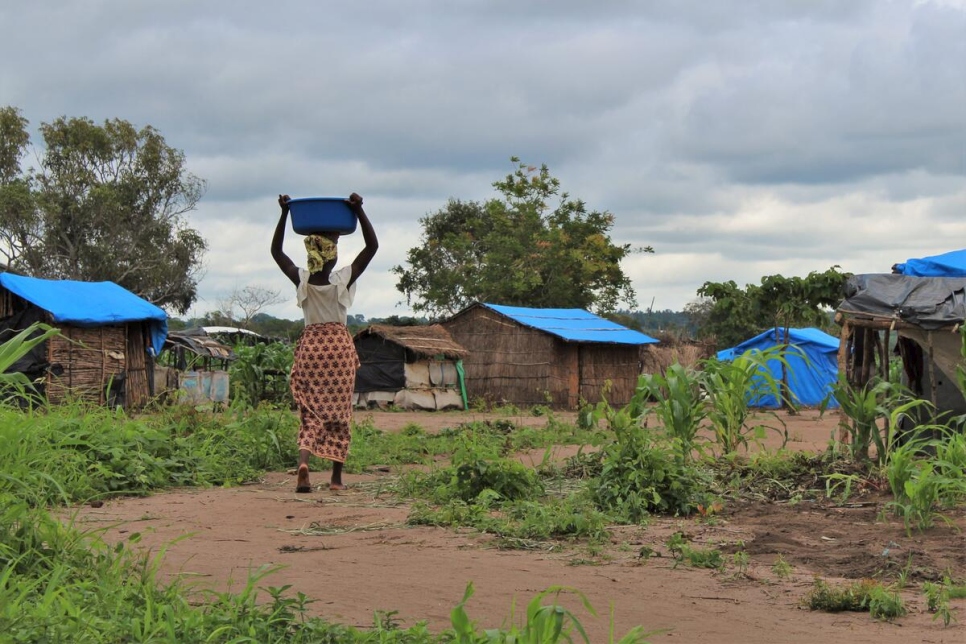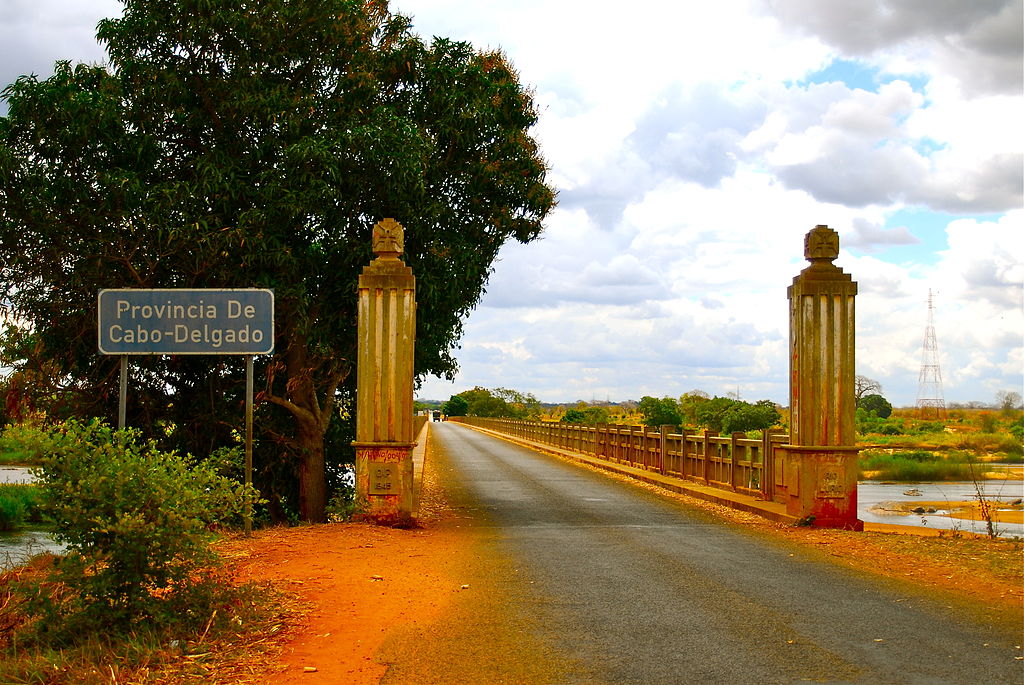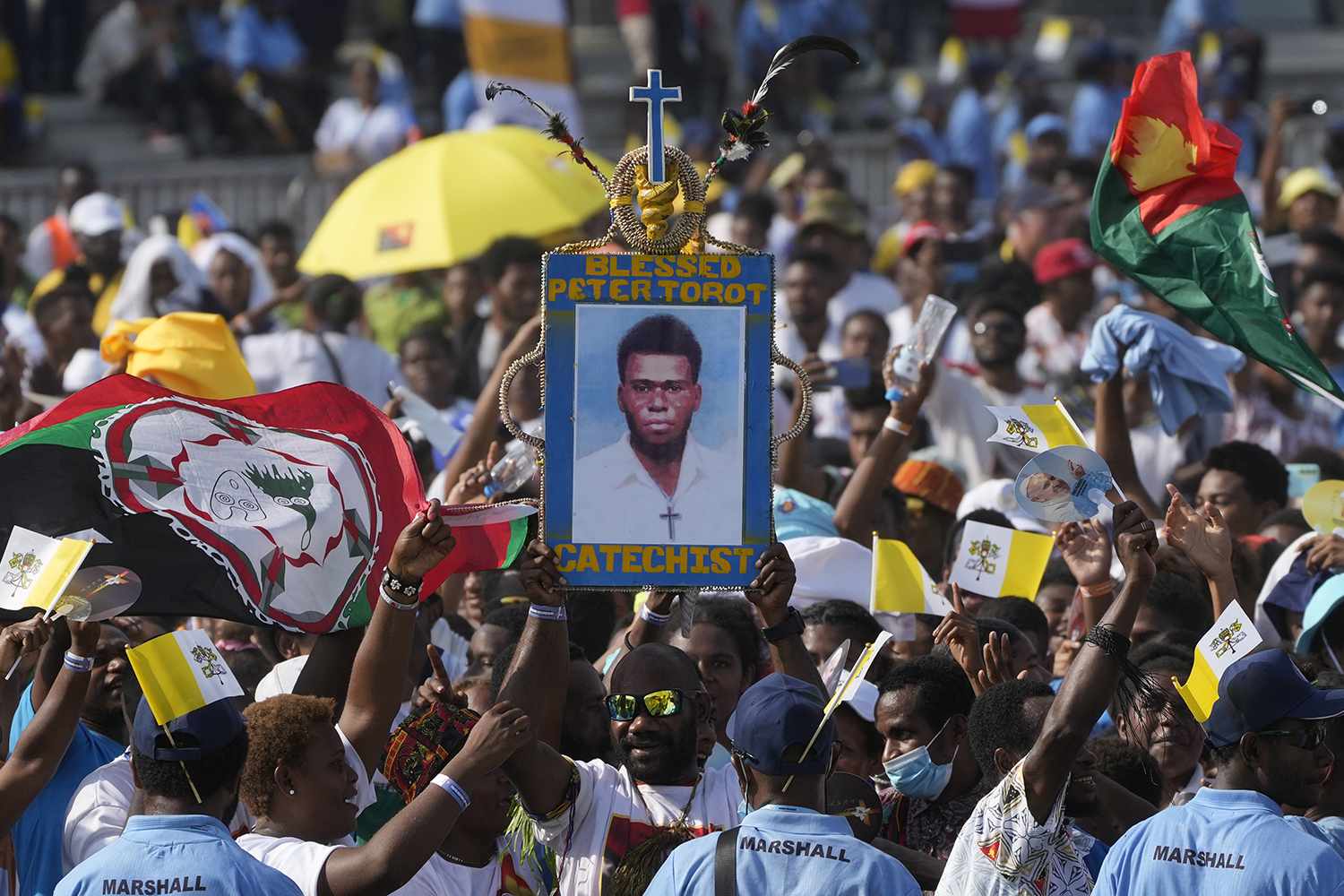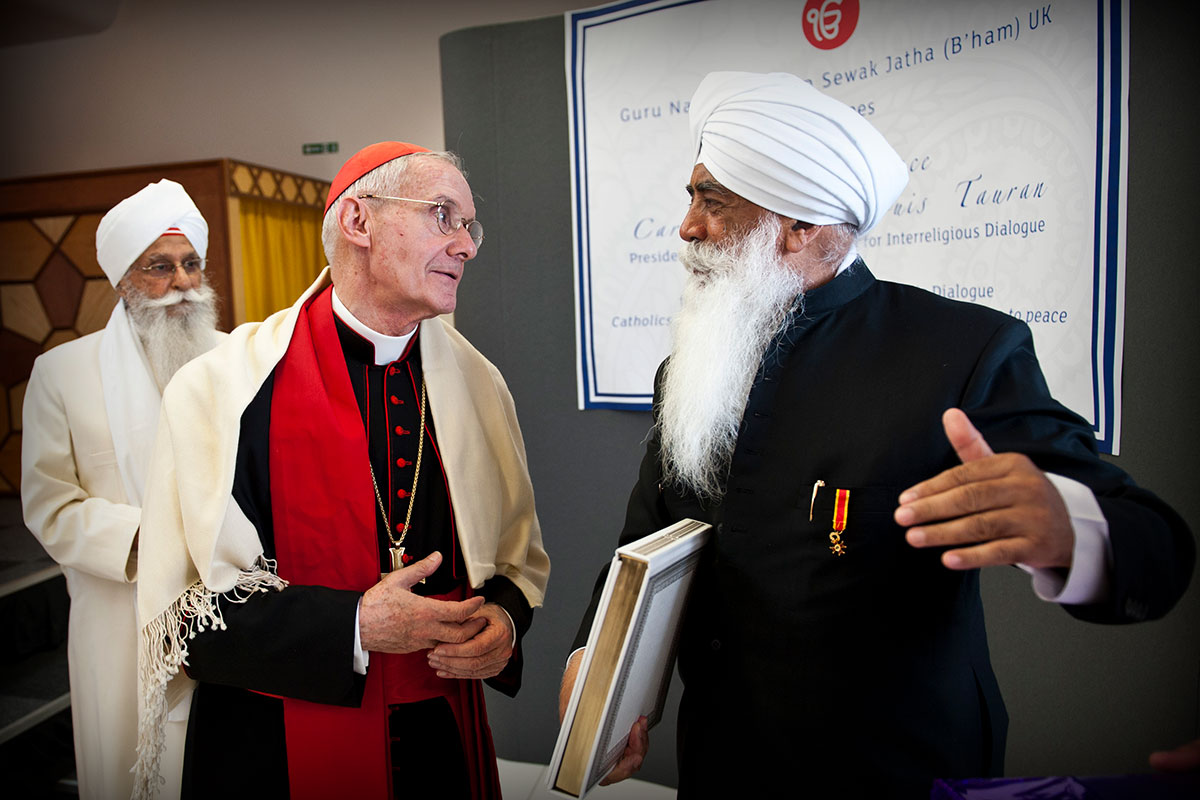(Main image: Road bridge over Rio Lúrio, the border between Nampula and Cabo Delgado provinces in Mozambique. Photo: F Mira. License: CC BY-SA 2.0. Source: Wikipedia)
Joaquim Magalhães de Castro
On the penultimate day of 2022, an attack on the village of Namande in the district of Muidumbe, province of Cabo Delgado, is the latest barbarity by the self-styled ISIS-Mozambique as demonstrated through the heartbreaking images of a “village inhabited by Christians” reduced to rubble displayed on the social networks of this terrorist group.
This time, however, the so-called jihadists were confronted by Christian militias who forced them to flee, thus avoiding further damage. The jihadists, unfortunately, captured one of the resisters and summarily executed him with the usual refinements of evil that already constitute one of their trademark images.
Thanks to the initiative of the Mozambican defence minister Cristóvão Chume, responsible for presenting a draft law, the Mozambican parliament authorized the involvement of local militias in the fight against the jihadists. Chume admitted, in statements to the Fides news agency, the inability of the Mozambican army to face the problem alone, justifying the need for this local militia to “reinforce the Defense and Security Forces in combating and containing the spread of terrorist incursions, protecting community settlements and public and private infrastructure”, hoping that the new law will allow for a better “structuring, organization and logistical support” of local self-defense militias.
The term ‘local force’ began to be used in Mozambique to designate “groups of former soldiers from the national liberation movements and their descendants who organized themselves to fight the armed groups that terrorize the province of Cabo Delgado”. Chume clarified that the Mozambican government is aware of the provisional nature of these militias and, therefore, will continue to rely on conventional, “local and international” defense forces.
To try to contain ISIS-Mozambique, Maputo has resorted to troops sent by the member states of SADC (Southern African Development Community) and by Rwanda, having shown the willingness of the president of this country, Yoweri Musevenin, to provide even greater military and economic support to the former Portuguese colony. With that, the Mozambican military has already managed to “liberate some of the districts in the north of the country” so that natural gas fields can be exploited there again, “forcing” the jihadists to expand their attacks “further to the south and to the neighboring province of Nampula”, where in September 2022 an Italian Comboni missionary nun was brutally murdered.
Monsignor Inácio Lucas, bishop of the diocese of Gurué, in the Mozambican province of Zambézia, has been warning about the spread of armed violence. “We talk about Cabo Delgado as if it were a unique case, but it is not. The whole country is being affected by this war; it is true that in Maputo or Beira you can sleep soundly, but the situation in Cabo Delgado affects us all,” he underlined. According to the United Nations High Commissioner for Refugees (UNHCR), the terrorist action of the jihadists has already caused around 4,000 victims and one million refugees.
Graphite, Electric Vehicles and Forced Displacement

The province of Cabo Delgado is an “energy paradise” for a world increasingly dependent on energy sources, both traditional and renewable. In addition to oil and natural gas, the region is also rich in graphite, an essential component in electric car batteries. The Balama mine, operated by an Australian company, has been deemed of “strategic importance” by the US Department of Energy. The graphite extracted there is sent to a factory in Louisiana, USA, where it is processed “for the construction of anodes for electric car batteries”. And it is this wealth, paradoxically, the real curse for the most disadvantaged!
It is no coincidence that the start of exploration of this vast mining potential, in 2017, corresponds to the outbreak of Islamic fundamentalism, a phenomenon until then completely alien to that region. “There have never been religious conflicts here before,” says Johan Viljoen, director of the Denis Hurley Peace Institute (DHPI), in an interview with the Catholic online newspaper Crux. In Viljoen’s opinion “the easiest way to drive people from their land is to foment a climate of insurrection and subsequent insecurity”. Thus, people are forced to flee and the lands where they lived are handed over to multinational corporate entities. “Among residents of Mozambique, and particularly in areas affected by jihadist action, the opinion prevails that this is a deliberate and well-organized strategy to expel populations from their ancestral territories,” says Viljoen.
The Denis Hurley Peace Institute – named in honor of South African Catholic Archbishop Denis Eugene Hurley, a critical voice of the church during the apartheid years in South Africa – strives to build peace and guarantee human rights for all. For Denis Hurley Peace Institute “peace is much more than the absence of war”. Its main mission is to “collaborate for peace in Africa” by constantly promoting “dialogue, justice and reconciliation”.


 Follow
Follow


